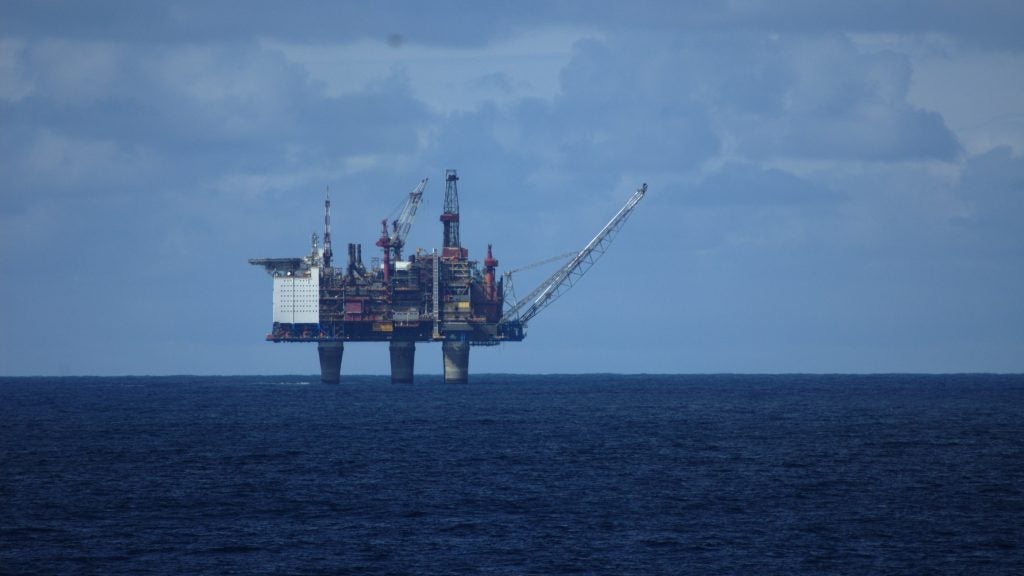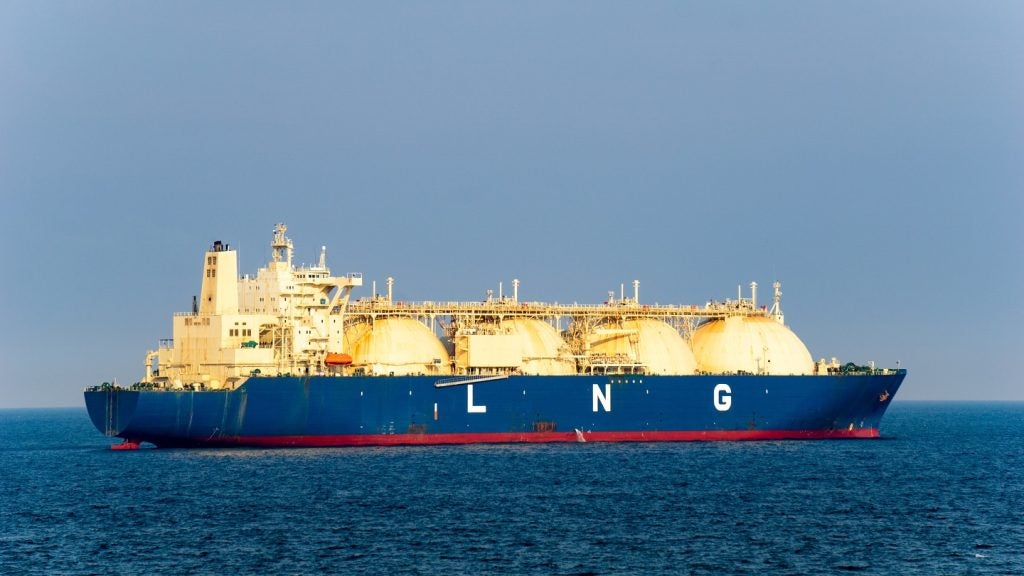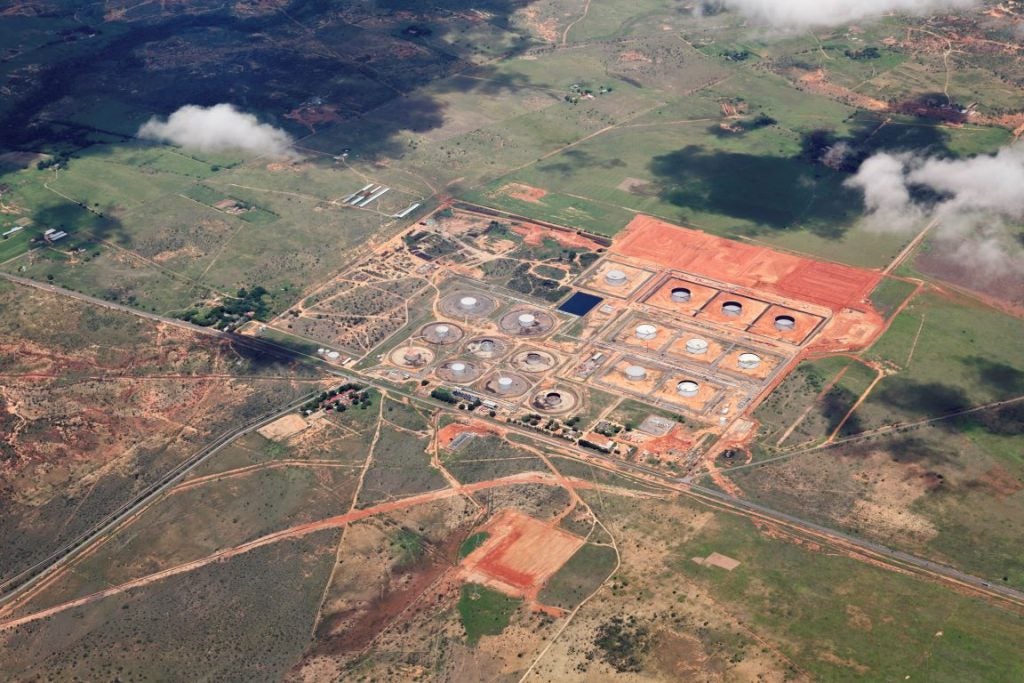The IMF has warned that the Middle East tensions could lead to higher oil prices, an increase in inflation, and significantly impact on financial markets' positive outlook.
The IMF is closely monitoring recent events in the region following Iran's missile strike on Israel, emphasising the possibility of a war between the two countries leading to higher interest rates.
On 1 April, an Iranian military commander, Major General Mohammad Reza Zahedi, was killed in Damascus in a suspected Israeli strike. In retaliation, Iran carried out a series of missile and drone attacks.
The IMF's economic counsellor, Pierre-Olivier Gourinchas, said the IMF is assessing the likelihood of another surge in oil prices resulting from past conflicts in the Middle East.
Gourinchas said: “The increased inflation that would come from higher energy prices would trigger a response from central banks that would tighten interest rates to secure inflation coming back to target, and that would weigh down on activity.”
According to Gourinchas, if oil prices increase by 15% and shipping costs rise due to an uncontained conflict, it would cause a 0.7% surge in inflation and negatively impact business confidence and investment.
Reuters reported that Brent futures for June fell by $0.40, or 0.44%, to $89.62 a barrel by 06:32 GMT, while US crude futures for May fell $0.48, or 0.56%, to $84.88 a barrel.
Despite the heightened tensions in the Middle East, worries about global demand due to weak economic momentum in China and the likely rise in US commercial stockpiles extended oil prices' losses on Wednesday.
“The global economy continues to display remarkable resilience with growth holding steady and inflation declining, but many challenges still lie ahead," Gourinchas added. "Global growth was 3.2% in 2023 and is expected to remain at that level both in 2024 and 2025. This represents a 0.3% upgrade from our October objections for 2024, with stronger activity than expected in the US, China and other large emerging markets, but weaker activity in the Euro Area."
As per the Guardian, the US has also said it will impose sanctions targeting Iran's missile and drone attacks, as well as the Revolutionary Guard and Defence Ministry, in the coming days. The US expects its allies to do the same in response to Tehran's recent air attack on Israel.
Since former US President Donald Trump withdrew from the 2015 nuclear agreement between Western powers and Iran in 2018 and reimposed sanctions aimed at curbing Iran's revenue, the US has aimed to restrict Iran's oil exports.
Its oil exports rose during President Joe Biden's tenure, as analysts say sanctions have been less rigorously enforced, Iran has succeeded in evading them and China has become a major buyer, according to industry trackers, as reported by Reuters.















